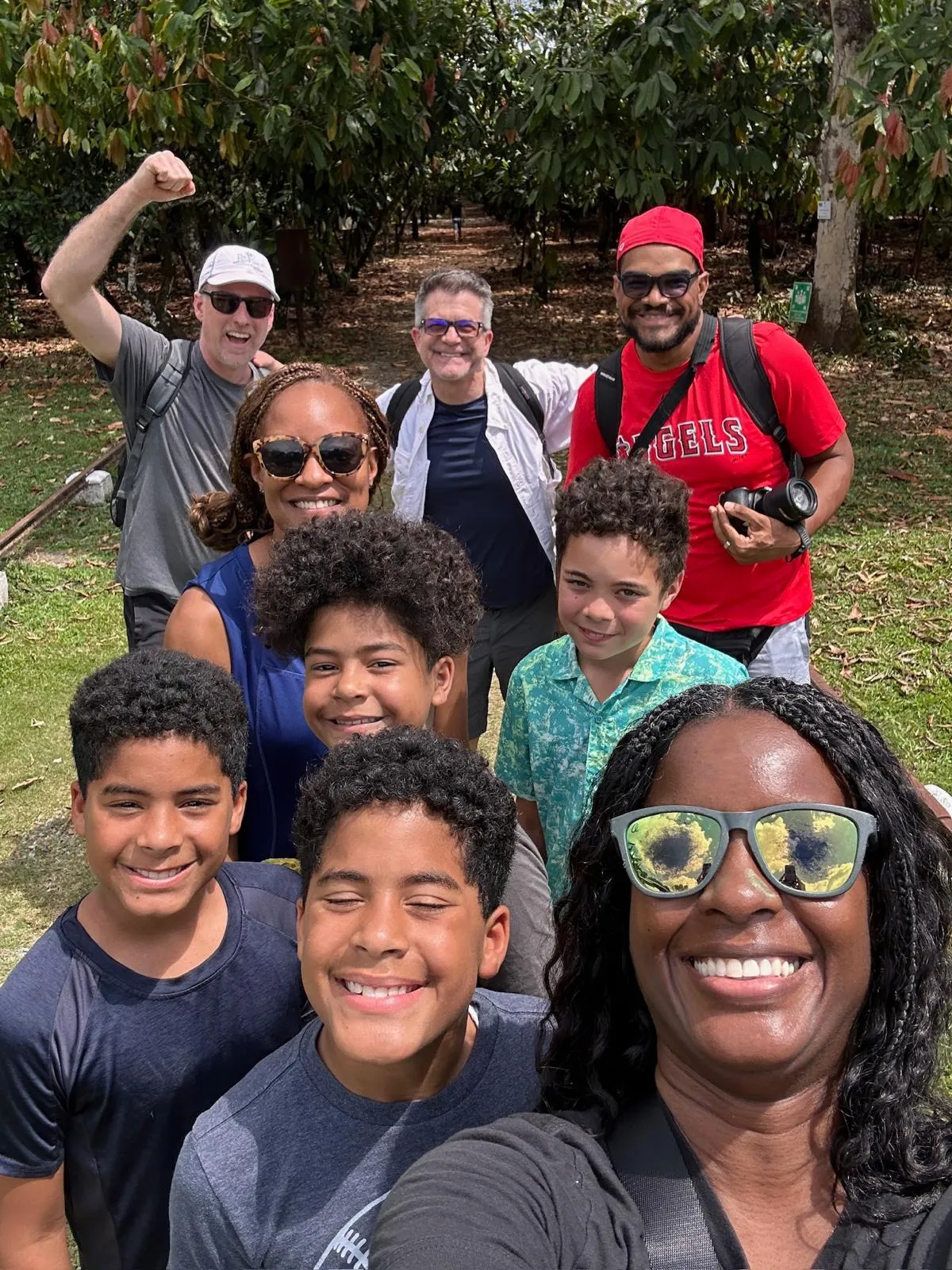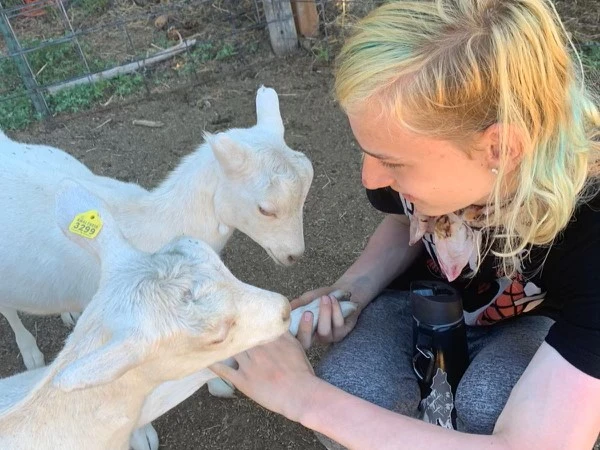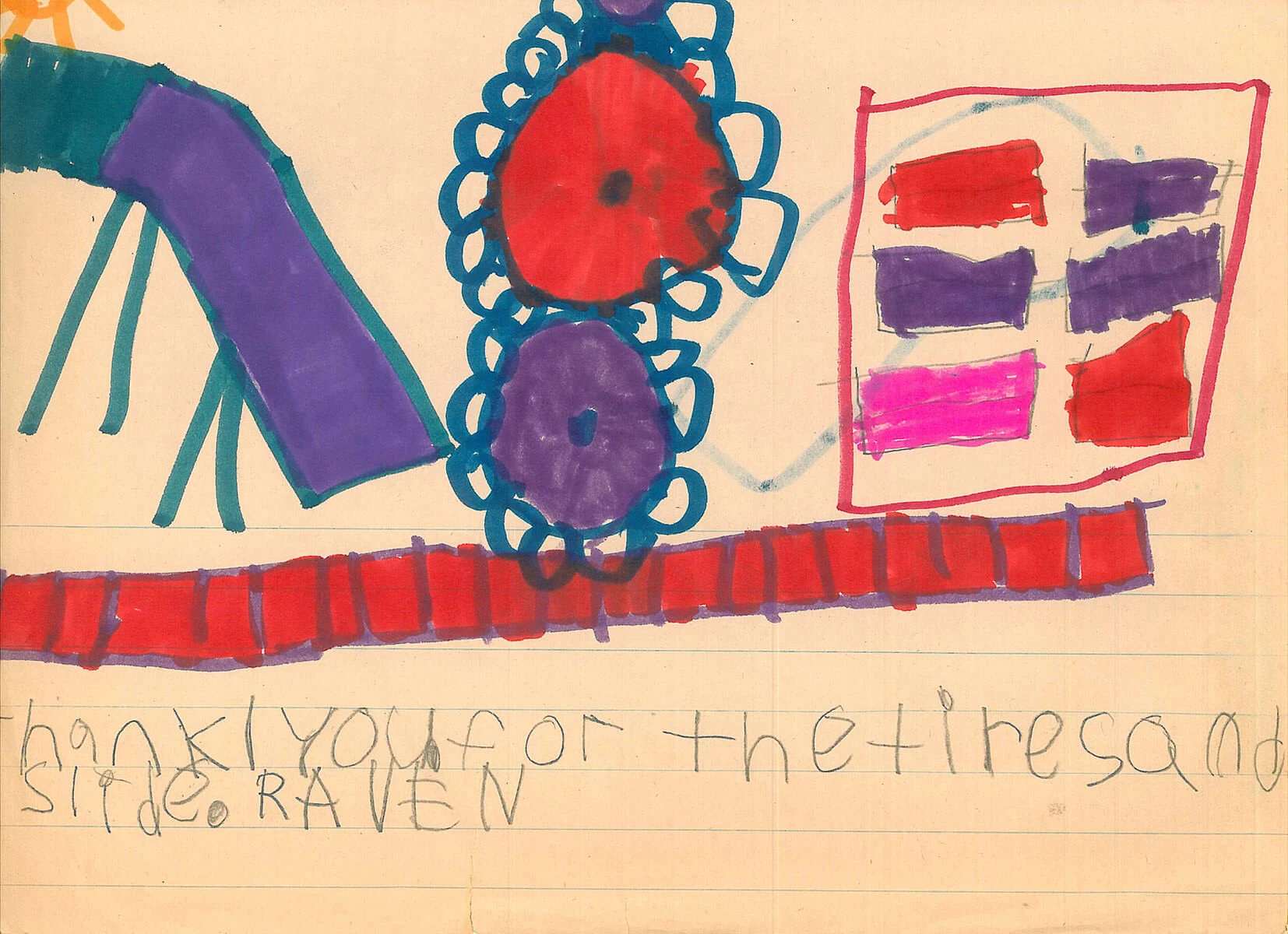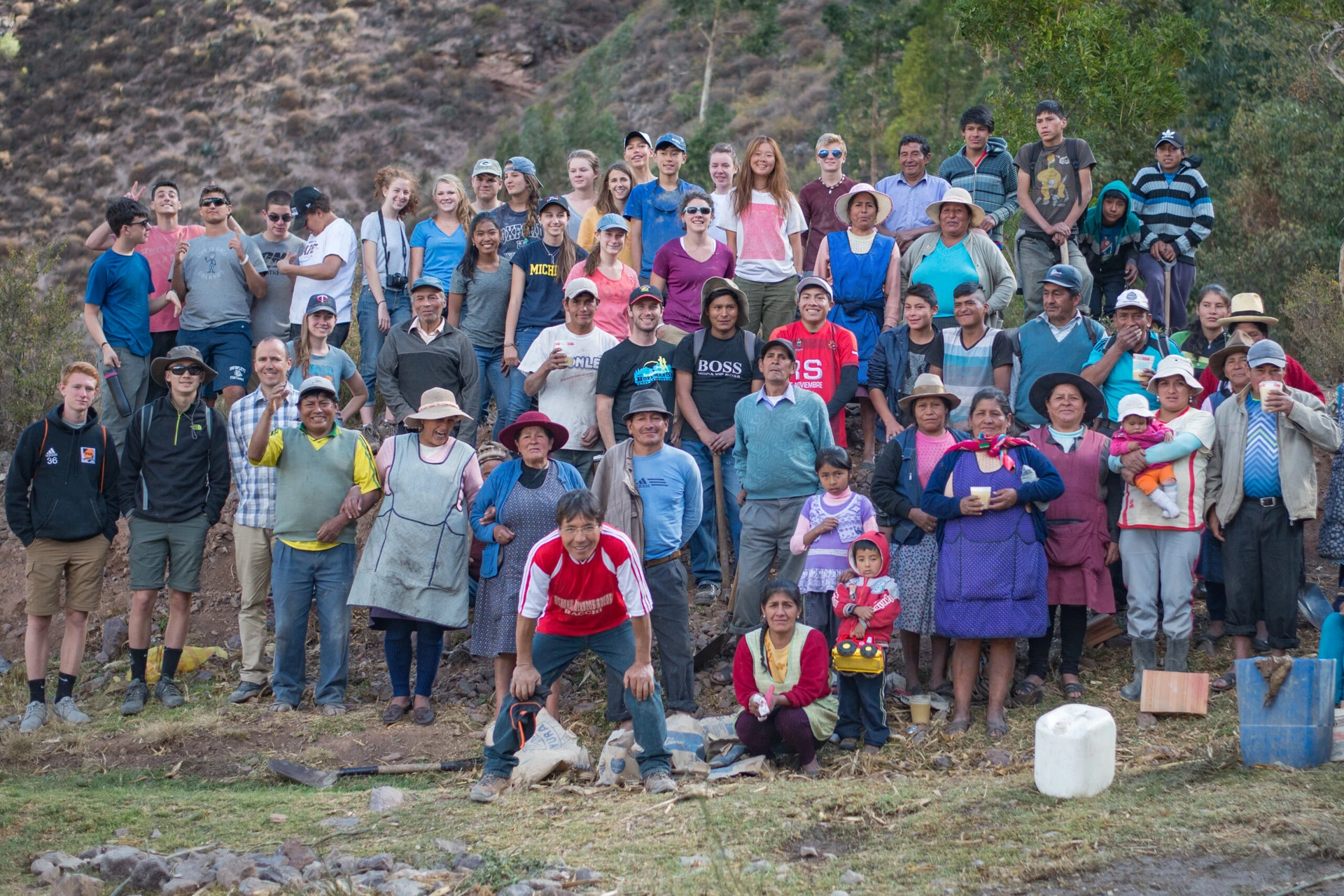By Owen Clarke
The idea of “meaningful service” is bandied about a lot—and the overall concept of “service learning” is thrown around even more, but it’s almost impossible to pin down a finite definition. Everyone means something slightly different when they talk about service learning!
The same can be said about meaningful service. You’re probably wondering what exactly makes service meaningful. Beyond that, why is meaningful service even important? Well, let’s find out.
What Constitutes Meaningful Service?
For starters, meaningful service is NOT transactional. We aren’t serving to feel good about ourselves or gain some sort of social currency. We certainly aren’t serving so we can post a stream of selfies each summer. Meaningful service—the kind you’ll find at VISIONS—goes well beyond the surface. It means sharing tools, goals, accomplishments, stories and lives.
Deep, Heartfelt Connections
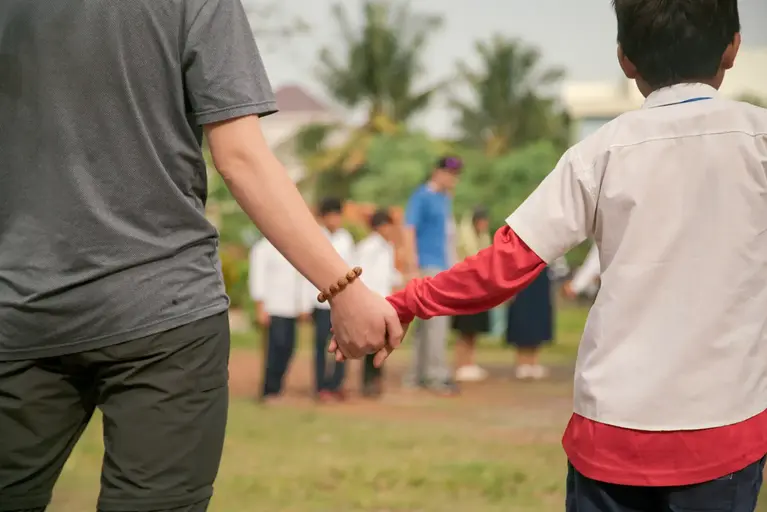
Meaningful service isn’t just something that takes place during the program. It’s authentic. It’s heartfelt. It’s about walking in another person’s shoes, and often means making connections with people with whom you’ll stay in touch well beyond the experience. Many of the relationships formed during meaningful service will stand the test of time and distance—spanning international borders, language barriers and years. Perhaps you even do a fundraiser for community projects once you’re home because the connection you made during your program was that deep.
Our local hosts love receiving volunteer help from young people, who bring all of the fun & promise of youth along with them. It’s energizing, and it’s as special for our hosts as it is for our participants.
Showing Up Through Thick and Thin
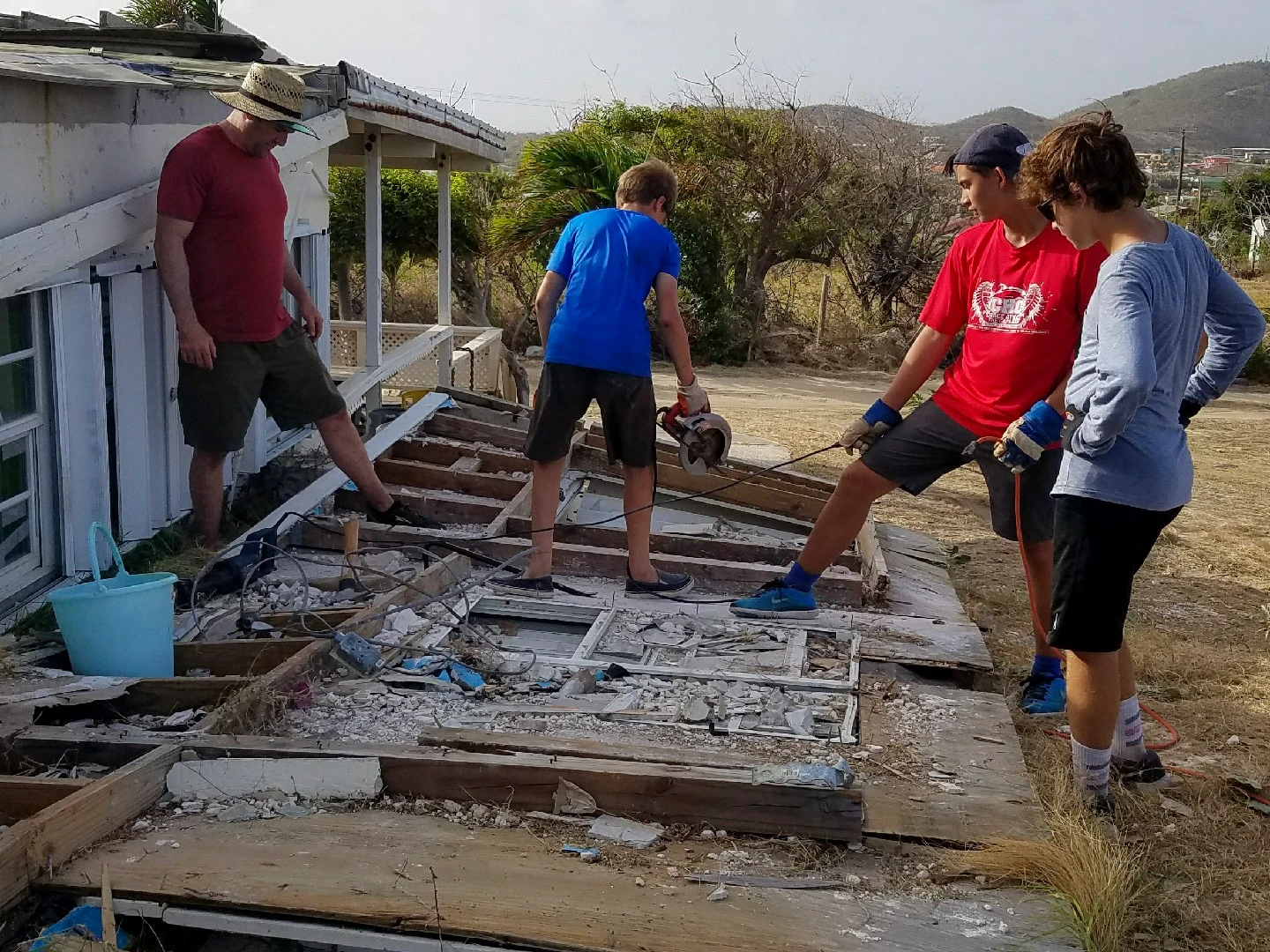
Meaningful service also means showing up and serving even when the going gets tough, like when we showed up in the British Virgin Islands after Hurricane Irma. It certainly wasn’t the easiest time to run a service adventure—infrastructure and water systems were still largely shot—but we felt that showing up was important, being there to show support for our local friends, even if getting a lot done was tough. When we show up like this year after year, communities learn that they can count on us, and that goodbyes are just a “See you soon!”
Meaningful service does not need to be about accomplishing a specific task, either. We know that community members could often complete the work more efficiently & effectively than we (as largely unskilled young people) ever could. But it means something to continuously show up and serve, demonstrating commitment & solidarity. In three of our locations, we’ve served annually for more than 30 YEARS! Via this steadfast commitment, we’re demonstrating our desire to share in the hard work, hurdles, and the ups & downs of communities that are under-resourced.
These long-term commitments also mean that the incremental work, summer by summer, adds up in terms of its impact. Well more than 1,200 construction projects plus thousands of hours of social service and environmental work is a real accomplishment and makes a difference.
No “Voluntourism”
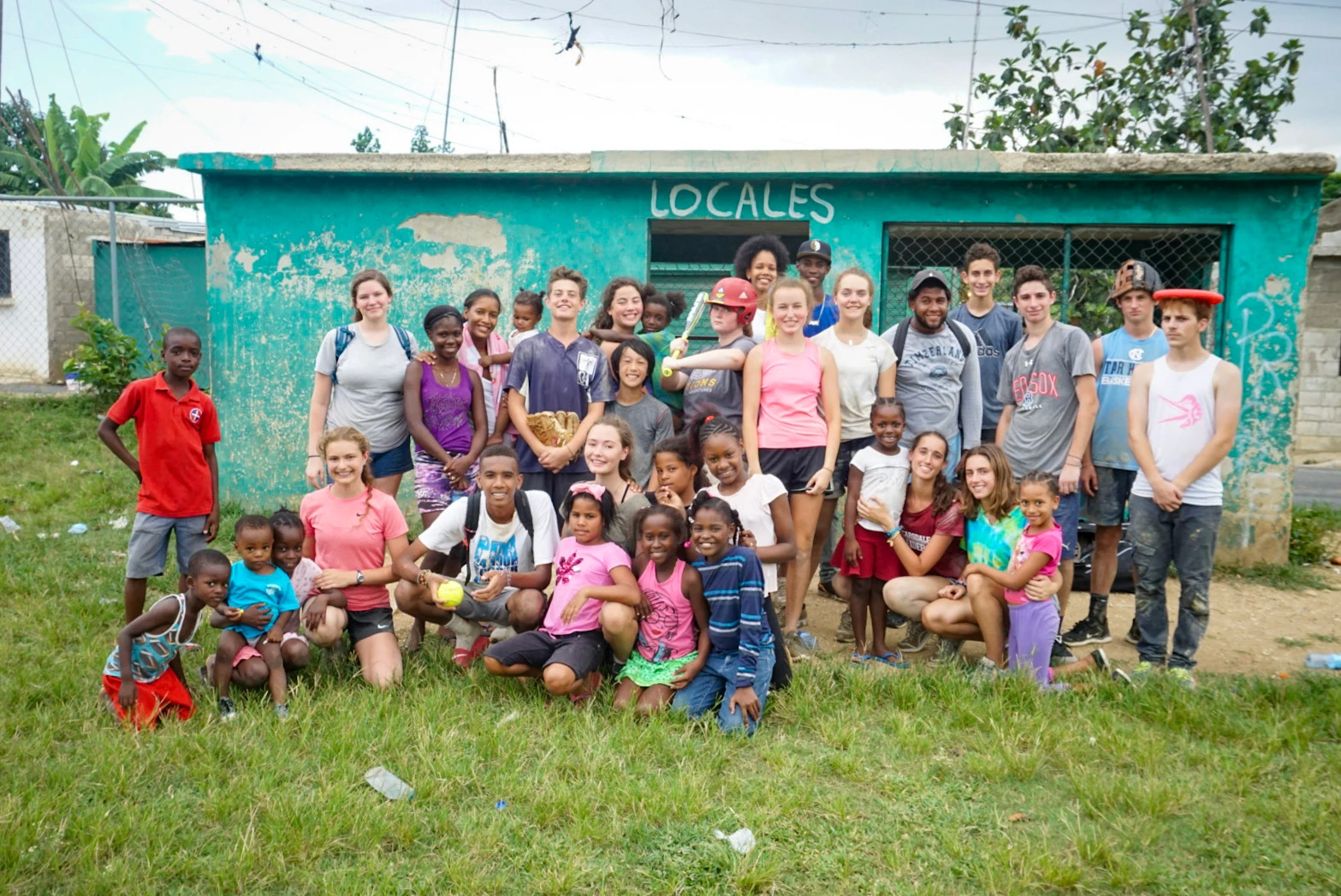
Like we mentioned above, meaningful service isn’t transactional. That means we often work in places that might not be flashy, picturesque tourist destinations, or even have any tourist appeal whatsoever. For example, our service learning program in the Dominican Republic is well off the beaten path of the popular coastal resorts. We work in a medium-sized town in the country’s interior, that has no tourism industry, but where we are a regular part of the neighborhood & community. The upside of this is that participants experience authentic, Dominican lifestyle and culture!
Intentional, Committed Work
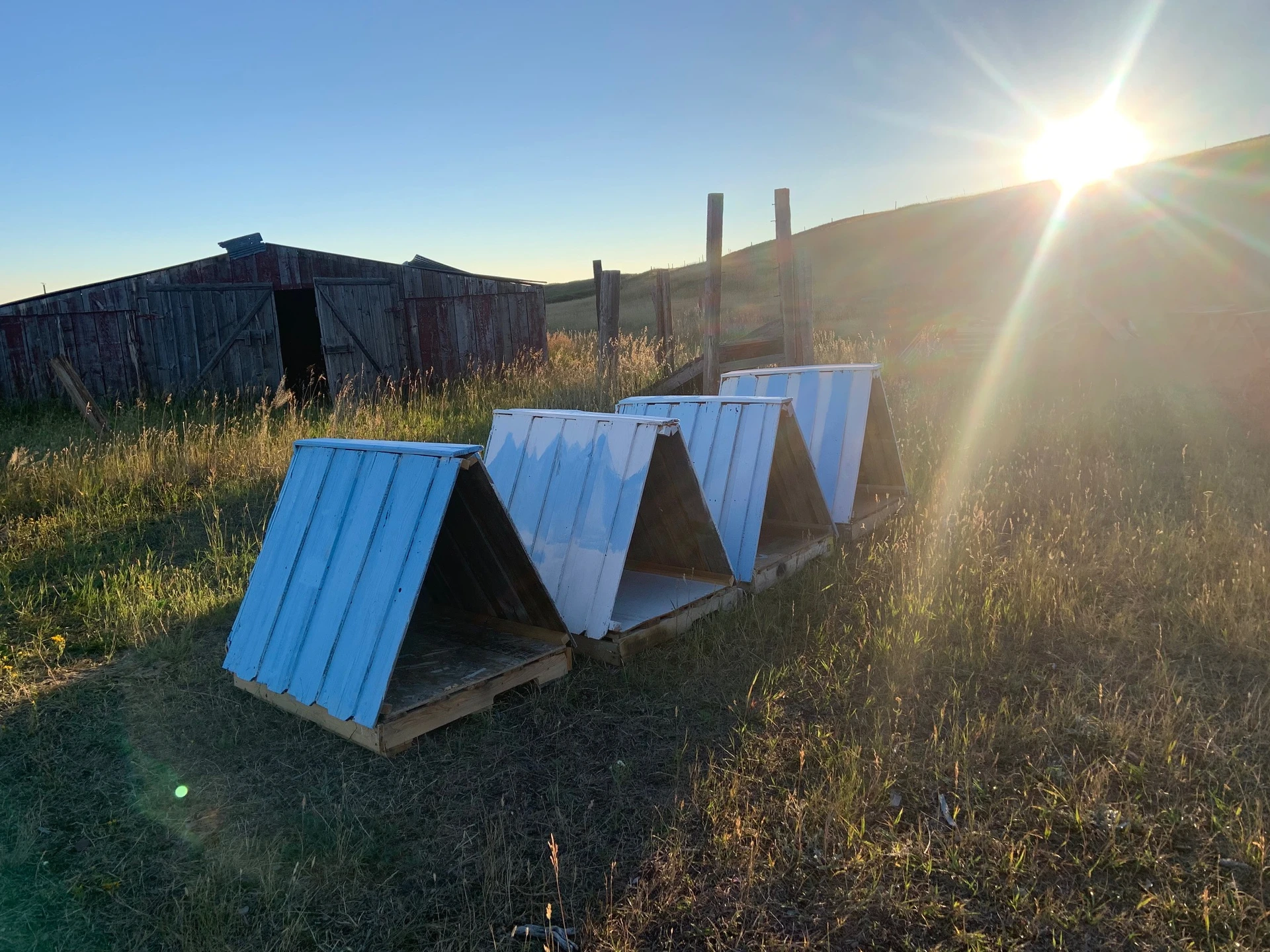
The biggest, most important factor of meaningful service is pretty obvious. The work has to be targeted and committed. We aren’t just serving to serve. We’re intentional about the projects undertaken and the relationships we build, and we’re dedicated throughout the process. Typically, it’s local nonprofits and long-term partners who choose the projects based on their community’s needs.
The projects we choose stand the test of time, like the dozens of schools we’ve built in the Dominican Republic (providing education for over 3,500 children annually). Other examples include the wheelchair ramps for elders on the Blackfeet Reservation, the British Virgin Islands kids who know how to swim after taking lessons with our participants, the water conservation in Peru from our irrigation projects (spanning over a decade) that has been instrumental in saving the livelihoods of many agriculture workers.
Many projects are smaller in nature, as well. We’ve built dozens of dog houses to help dogs in the BVI escape the hot sun and dogs on the Blackfeet Reservation now have shelter during inclement weather. We also do community garden structures at schools and parks, small renovation projects for elders’ homes, decks and wheelchair ramps, just to name a few.
These are projects that aren’t always easy or flashy, but their impact is lasting.
For example, there’s currently a lot of controversy—and rightfully so—about in-and-out volunteering at orphanages, where individuals show up for a brief stint of volunteering and then leave, revolving door-style. We don’t believe that proper service learning organizations entertain that type of volunteering. For service and volunteering to be meaningful, you have to foster long standing, deep relationships with the entities you’re serving.
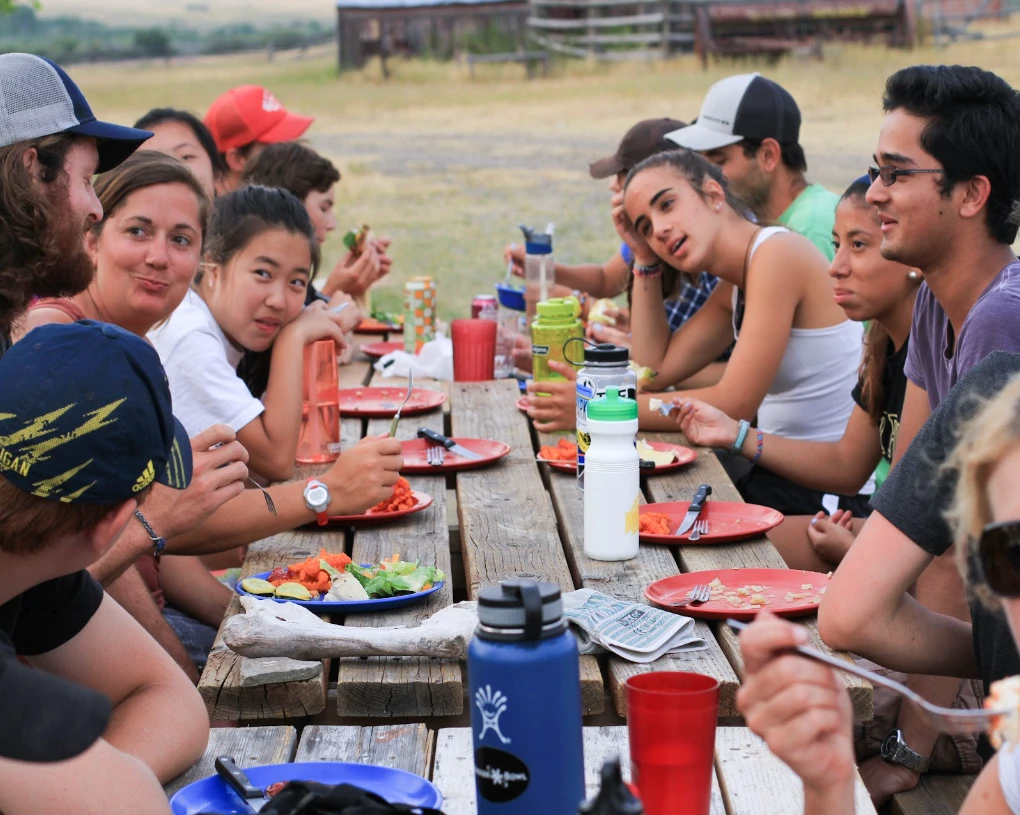
Unplug to Plug In
Not all service learning adventures are tech-free, but we believe that leaving technology at home is one of the best ways to foster meaningful service experiences. (You can learn more about our technology philosophy in our blog article “No Phone? No Problem.”)
If we want to “plug in” and be present, we have to “unplug” from the outside world, social media and the Internet. This has a number of beneficial side effects. It means fewer selfies (i.e. No Voluntourism!) and self-promotion along the way. It also serves to keep us more in the moment and on the ground level with the communities and individuals we’re working with, because phones and other flashy tech can highlight the socio-economic differences between us and our local partners.
This tech-free policy comes easy, because at VISIONS you’re putting down roots, immersing in daily life & all that goes with it. Our adventures aren’t filled with drive-by, Instagrammable moments. They’re deep dives into the local scene & lifestyle. This ties into what we mentioned above about deep connections, too. Our local community hosts aren’t the subject matter of our experience. They are friends, partners, people with whom we share a history and a future. Unplugging from tech is our way of plugging in with those we serve, and at VISIONS it’s a core part of meaningful service.
Tech-free is just one part of the way we cultivate meaningful service relationships. Unplugging can refer to many aspects of life. We don’t just unplug from tech, we unplug from our traditional Western “teenage” attire, via our dress code. We might unplug from the slang and/or profanities we might use when talking to friends at home—we speak courteously, and try to speak the local language as much as possible.
We unplug from all our preconceived notions, possessions, and cultural norms, and prepare to immerse ourselves in a new place as much as possible.
VISIONS Service: Thanking the Community
One of the most important aspects to remember is that we view service as our way of thanking the host community and local partners for sharing their lives with us.
While we encourage our participants to be proud of their accomplishments, VISIONS is not a program that’s meant to provide an opportunity to pat yourself on the back. In fact, we’re serving as a “thank you” to those communities who have opened their homes and lives to our participants. And although some communities could get the work done as effectively on their own, we also bring valuable resources, such as much needed funds for materials & hired labor, not to mention morale, work ethic, and the powerful energy of youth.
The unparalleled immersion you experience in a VISIONS adventure is only possible with our service, and we’re thanking our communities for that. Service and immersion go hand in hand. One could not exist without the other. And service becomes even more meaningful when done with our local friends & neighbors—as do after-work activities, excursions and guest talks.
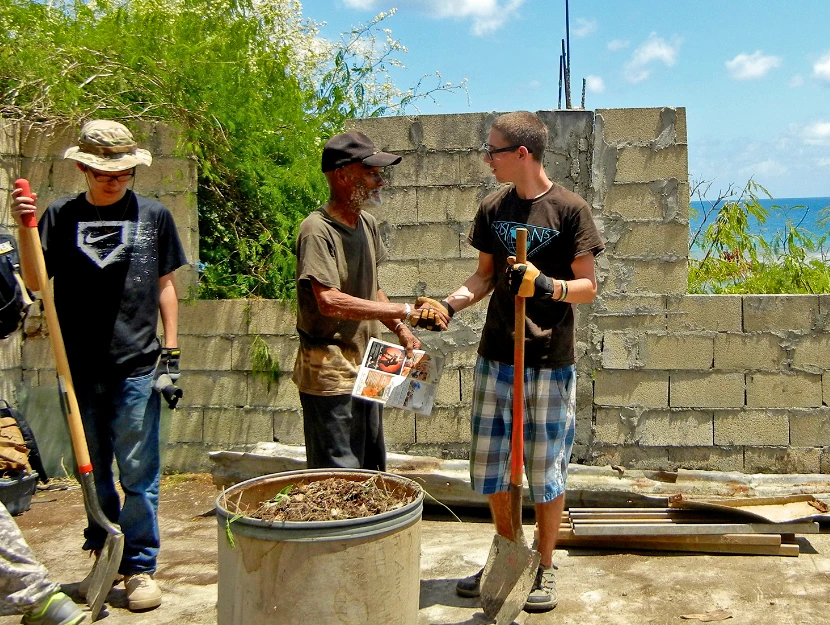
How to Make Your Service More Meaningful at Home
The VISIONS experience isn’t just about what takes place during our programs. It’s about the holistic journey. The character-building lessons and realizations you take home with you. How your life & impact on the world are altered by your time with VISIONS program.
With that in mind—whether you’re returning from your first VISIONS adventure or you haven’t embarked on one yet—it’s worth thinking about how you can make your service efforts more meaningful at home. Perhaps you’re serving with your local church, community center, food bank, Scouting troop or athletic team. Maybe you’re simply volunteering on your own or with friends & family. Regardless, there are many ways you can ensure your service is meaningful.
We can make service more meaningful by asking ourselves questions at every step of the service process. For example, it helps to evaluate what our service will entail, who we hope to benefit with our service, how we believe this service makes a positive impact and why we chose to perform this specific service activity for this specific group or community. Perhaps more than anything else, we have to ask ourselves…
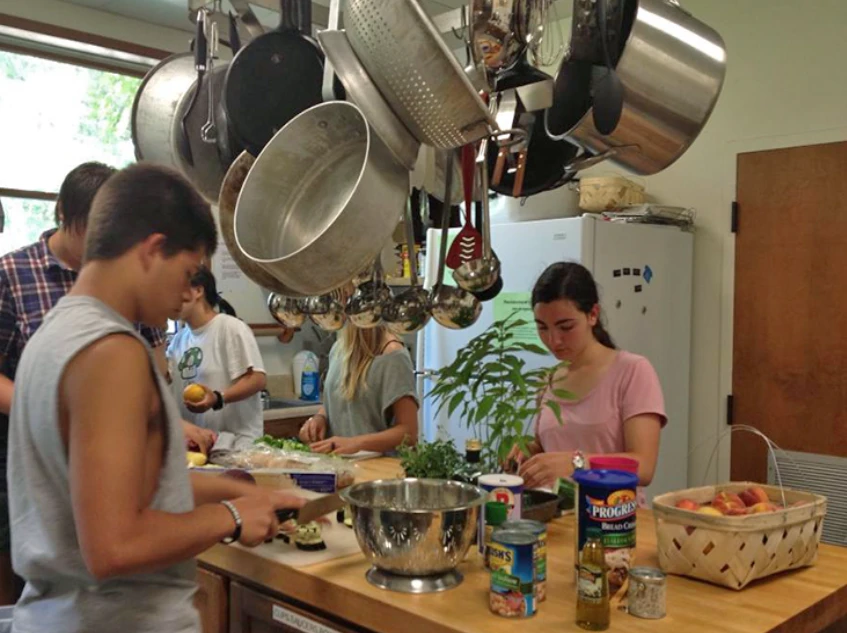
WHY ARE WE SERVING?
When we take time to think about the answer, exploring our motivations and beliefs, we naturally unlock the key to meaningful service. By constantly reminding ourselves of our goals and how & why we hope to achieve them, we ensure that our efforts are intentional and authentic. More importantly, we give ourselves the best chance possible for our service to have a lasting impact!
So let’s dive in together : ) Explore our programs and discover the wealth of service adventures YOU can embark on this year!



